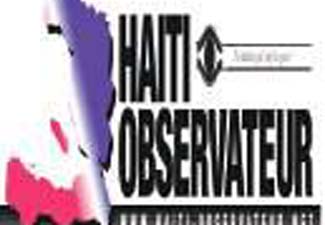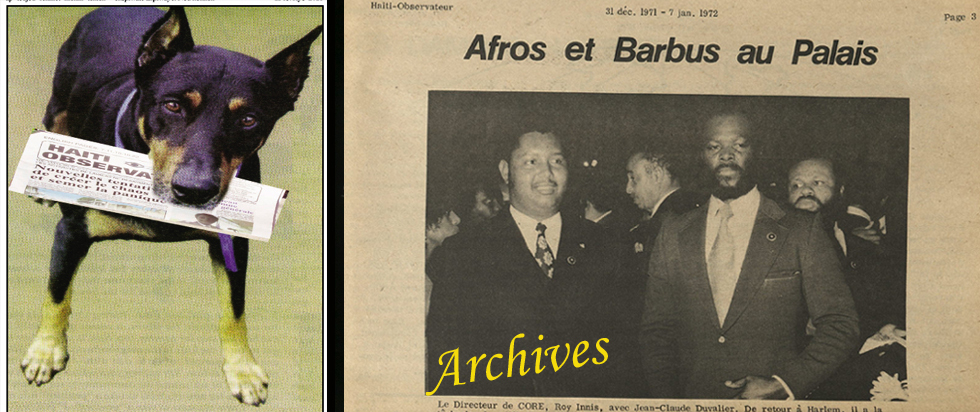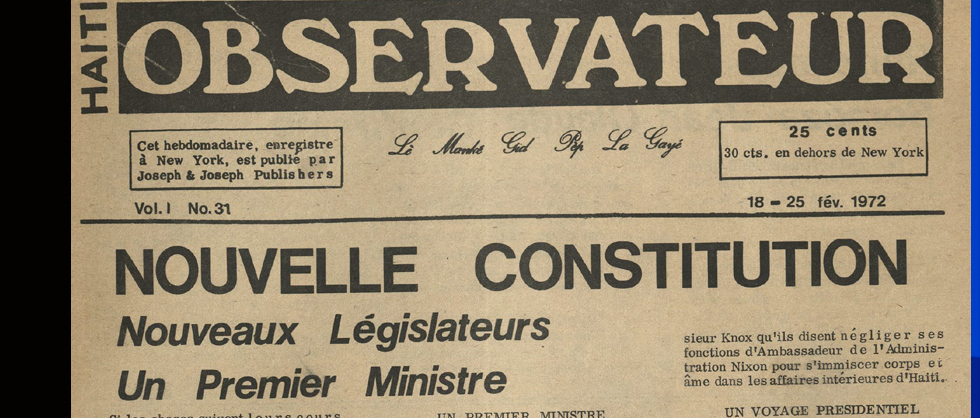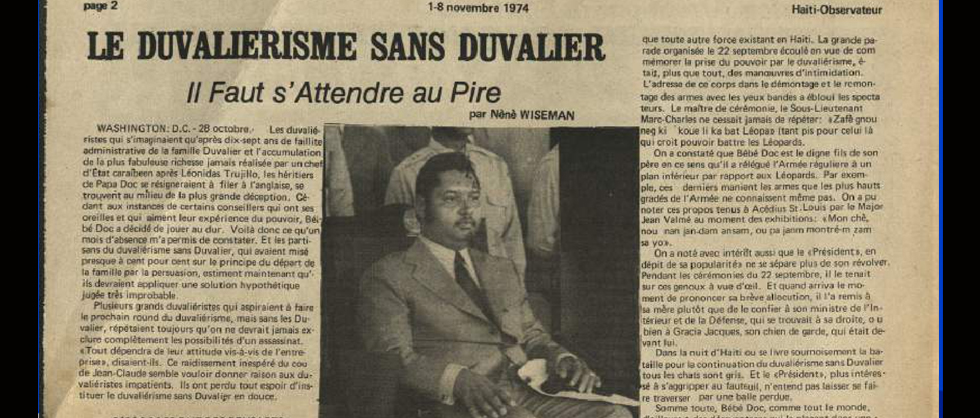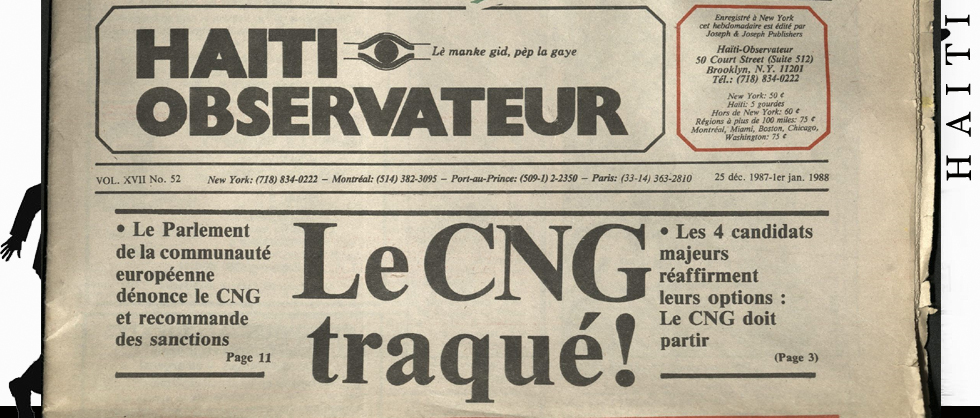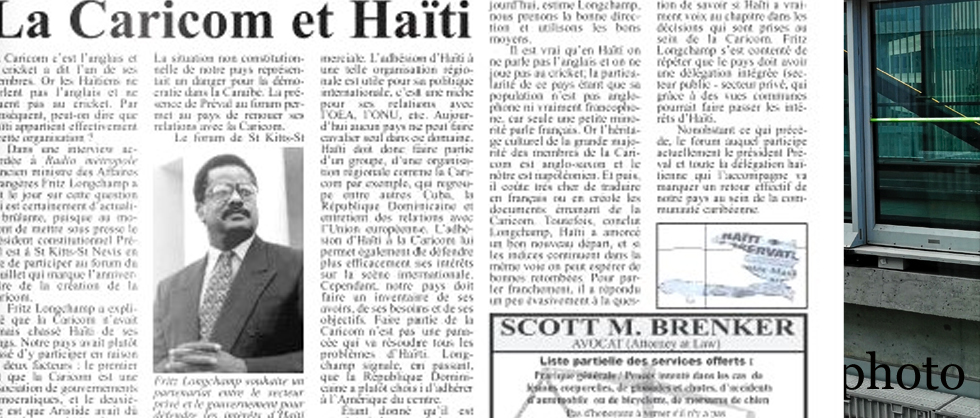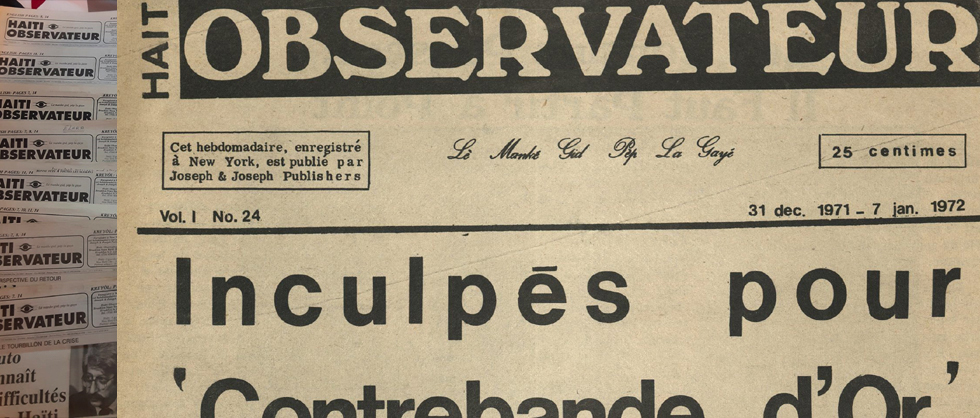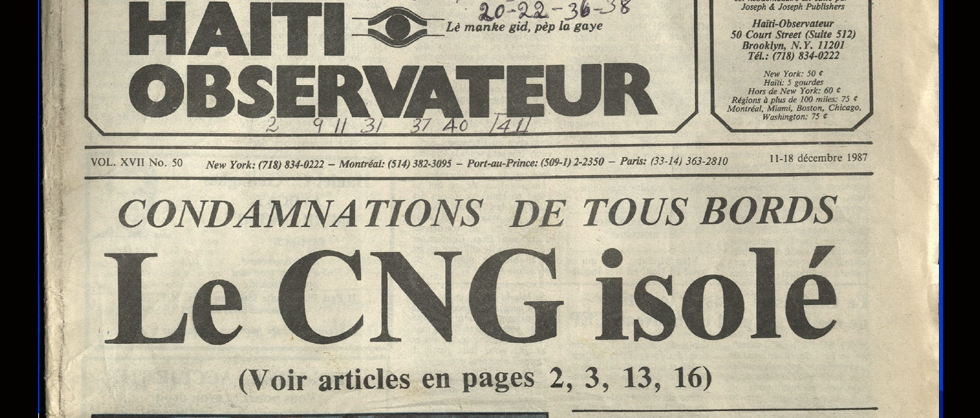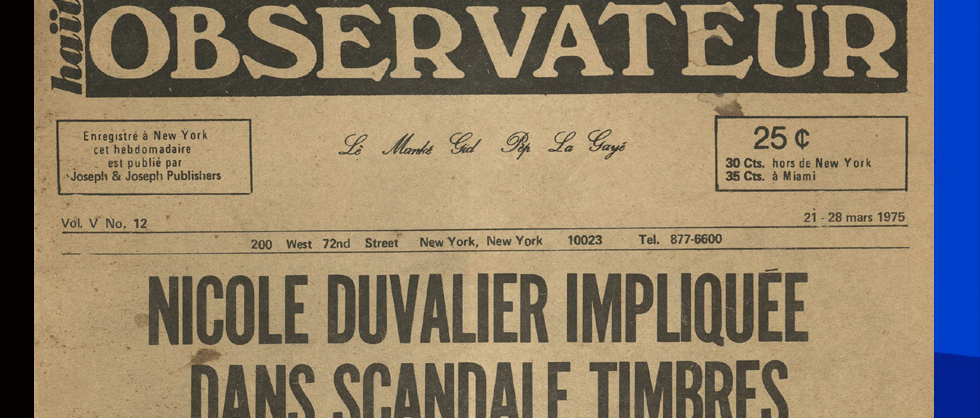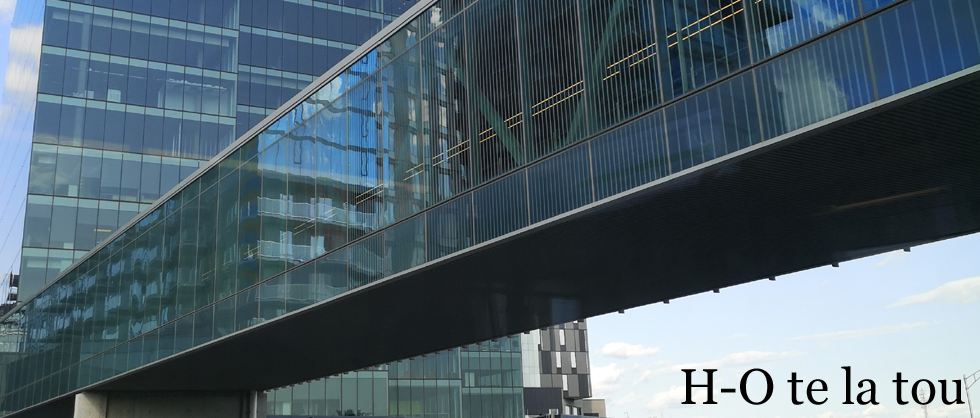Overcoming The Immigration Obstacles By Jim Uttley
- Often like crossing the Red Sea — it takes a miracle
The events of the last week are hard to believe. Painful sights of children being pulled from their families and shipped thousands of miles from their parents. Crowds of people lined up at processing centers along the U.S.-Mexico border waiting their turn to either to be processed or to hear news of what has become of their offspring.
As someone who has been involved in an unofficial capacity in helping immigrants apply and attend
interviews in hopes of being accepted for a temporary visitor’s visa to the United States, what I’m watching now is emotional asIrealize how unnecessary much of this confusion is.
In all the discussion in how to deal with these children and teens while their parents are in detentention awaiting their fate, I am rather puzzledas to why the American immigration and ICE officials have not yet discovered a way to avoid all this mess at the border. This could all be avoided if the U.S. State Department set up processes centers in the countries where these undocumented immigrants are coming from. Here’s an example.
Thirty years ago when my family and I resided in Port-au-Prince, I made several trips to the American consulate near the State University of Haiti. People would line up for hours in a large, rather dark room that felt like an oven in the swelting heat.
The line wove back and forth as it advanced toward the windows which reminded me of bank teller windows behind which an employee of the consulate would sit. As each applicant approached the window, each needed to have the necessary documents — a Passport from their country of birth, a birth certificate — but in many cases a Baptismal certificate.
Anyone acquainted with document preparation and record keeping in Haiti, knows well that many peo- ple never received an official birth certificate. The closest piece of paper they have to document that proves they are who they say they are is a certificate that they received from their local Roman Catholic priest or a Protestant pastor. However, since most Protestants, particularly evangelicals, don’t baptize infants, the document they would receive was a certificate recognizing when the child’s parents dedicated or “presented their child before the Lord” asthe prophet Samuel was presented before Eli the priest in the days before Israel became a nation under King Saul and later King David and Solomon.
Anyway, I’m getting off track as I usually do when I get worked up about an issue. Back to the issue at hand.
The applicant also needs some official paper from a bank or other financial institution which certifies
their financial “worth”. In most cases in countries like El Salvador, Honduras, Guatemala, Haiti, etc., many applicants just don’t have the resources needed to meet the steep standards of the United States government.
Let’s be very honest, there are thousands of would-be immigrants who will never be able to meet the requirements. The world’s economy has changed so much that the gap between the rich and the poor has grown from the width of Riviere L’Artibonite to the size ofthe Gulf of Mexico. Asking people to come up with the documents necessary to obtain a visa to the U.S. islike telling someone they need to swim from Les Cayes to Isle a Vache (Cow Island). An almost impossible feat for most people.
The State Department in conjunction with the Department of Foreign Affairs in various countries could have set up extra facilities outside their consulates and embassies to receive people where those who apply with the proper documents would receive a special paper which will allow them to enter the U.S. legally. None of the processing would be done on U.S. or Canadian soil and with that paper in hand they would no longer be considered “undocumented immigrants.”
The whole process should onlytake a day or two. Most people coming from Latin America, the Caribbean or elsewhere don’t have tons of documents and a “paper trail” so long because they don’t have computers, bank accounts like most North Americans. Nor are they on their smart phones from morning to midnight making contacts with God knows who, like most of us do.
It would be so helpful if this whole Immigration affair that’s been going on in the Western Hemisphere
for at least the 1400s, could be as simple as what my good friend who’s also on Facebook shared in a post from one of his Facebook friends. I’d like to share this with you: “LEGAL VERSUS ILLEGAL” Here’ssome history on legal versus illegal things :
- Legal : Slavery
Illegal : Helping people escape slavery
Legal : the Holocaust
Illegal : Smuggling Jewish people out of Germany Legal: Segregation
IllegalP : Refusing tomove to the back of the bus- Legal: Apartheid
- Illegal: Fighting a Apartheid If the extent of your morality is based on whether or not something is legal, then you’ll find excuses to accept some truly horrific, evil things.
We are 7.5 billion tool-using primates stuck on one giant rotating rock in one painfully average star system. Our borders are arbitrary. We’re all one species. Our differences are superficial. Either you’re a
compassionate, decent, fair-minded person, or you’re not.
You don’t get to put up arbitrary border walls around which people you see as human beings. And if
you’re trying to come up with justification or rationalization for putting children in cages, you are probably a person who would say “Well, we can’t let slaves escape—it’s the law.” ©2018 Kelsi Leigh
Would that each and every undocumented immigrant who has crossed the American and/or Canadian
borders would have received the same “compassionate, decent, and fair treatment as fellow human beings searching for that better world or the “shining city on the hill.”
cet article est publié par l’hebdomadaire Haïti-Observateur, édition du 27 juin 2018 et se trouve en P. 12 à : http://haiti-observateur.ca/wp-content/uploads/2018/06/H-O-27-juin-2018-2.pdf
